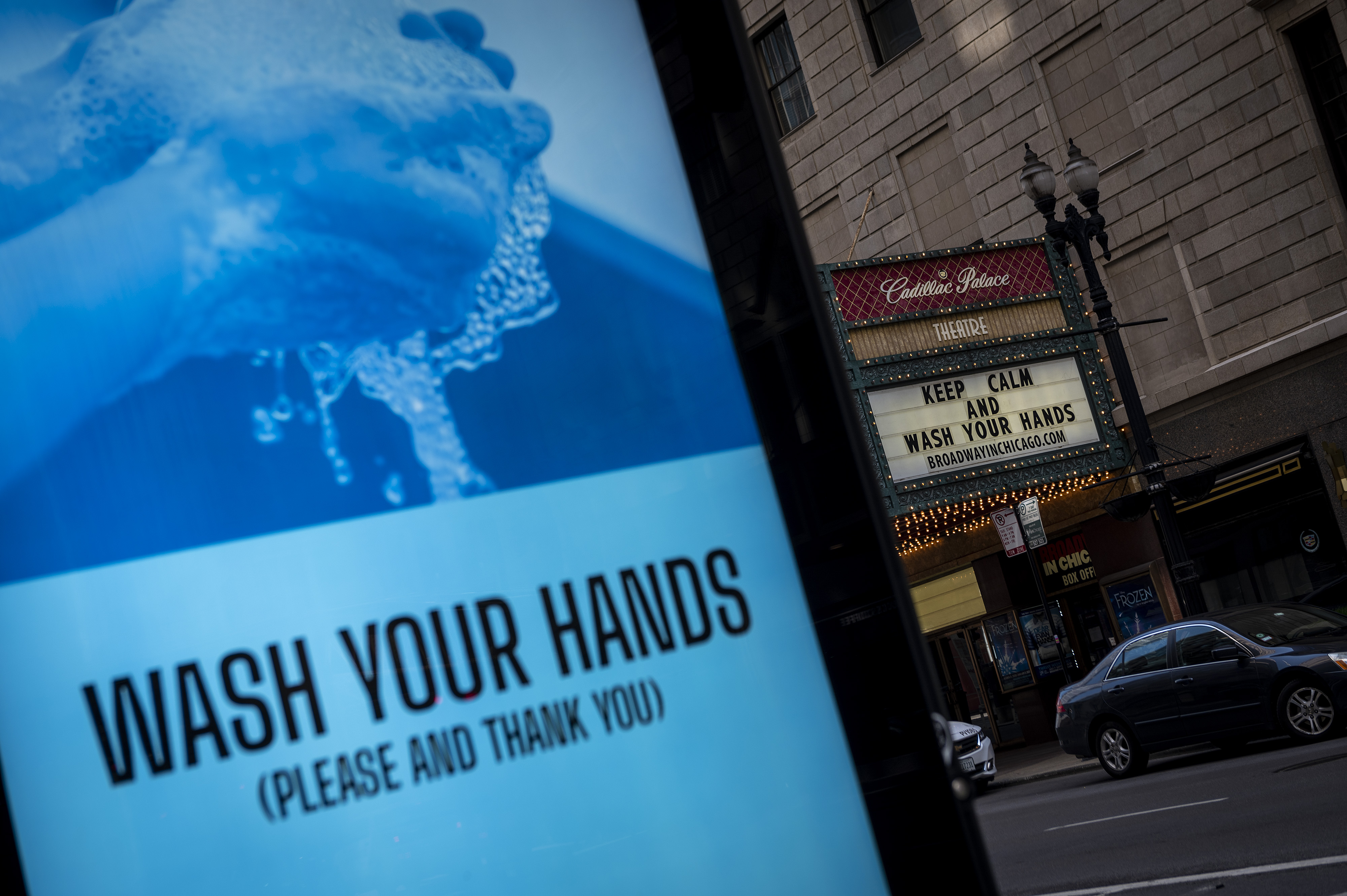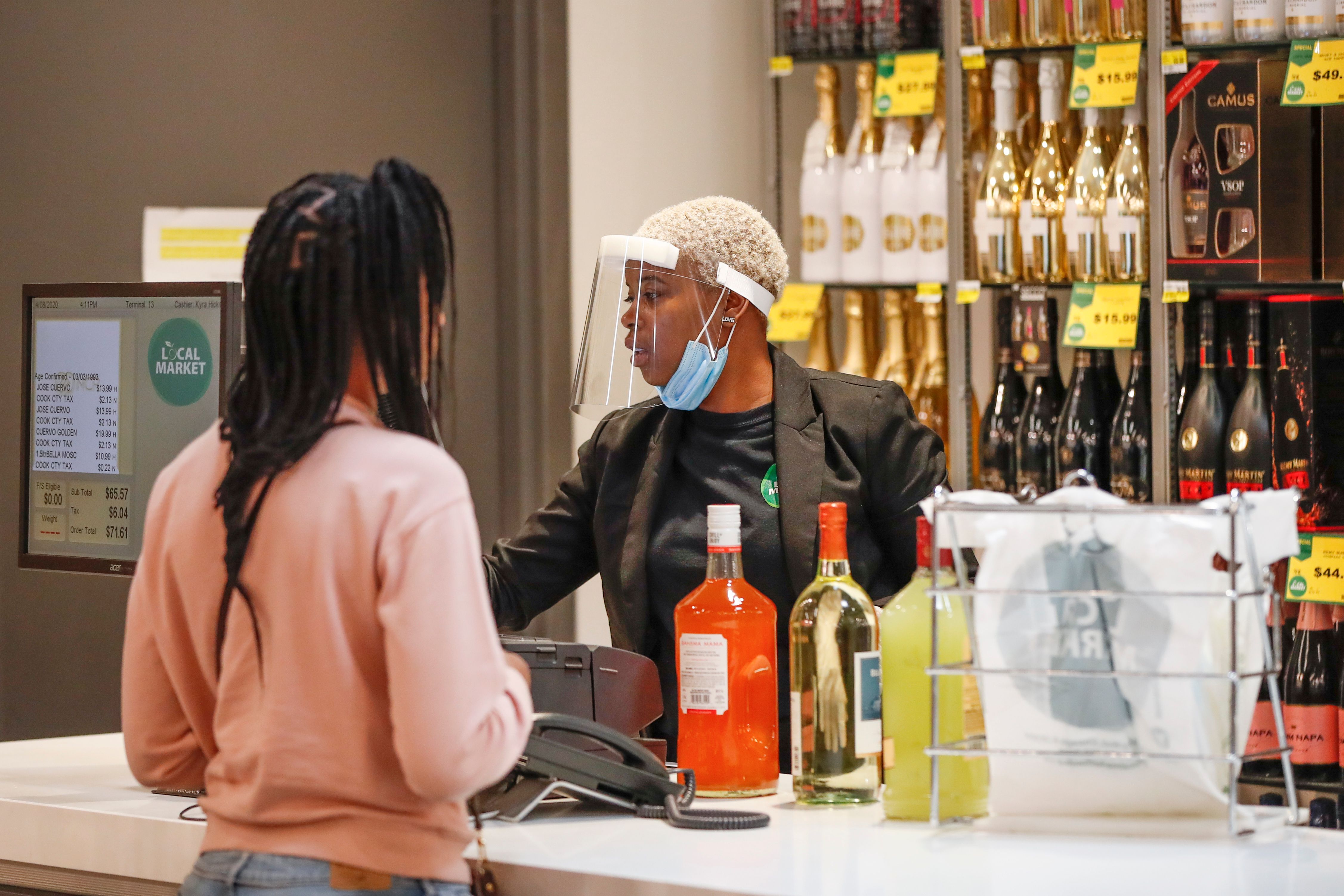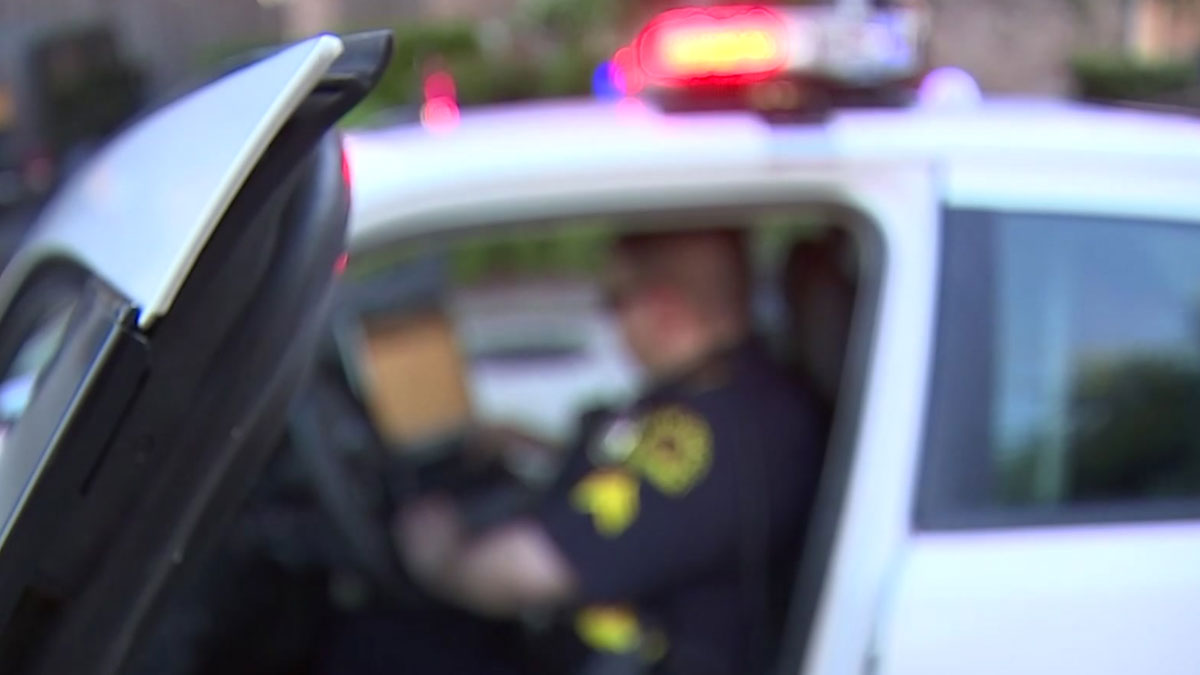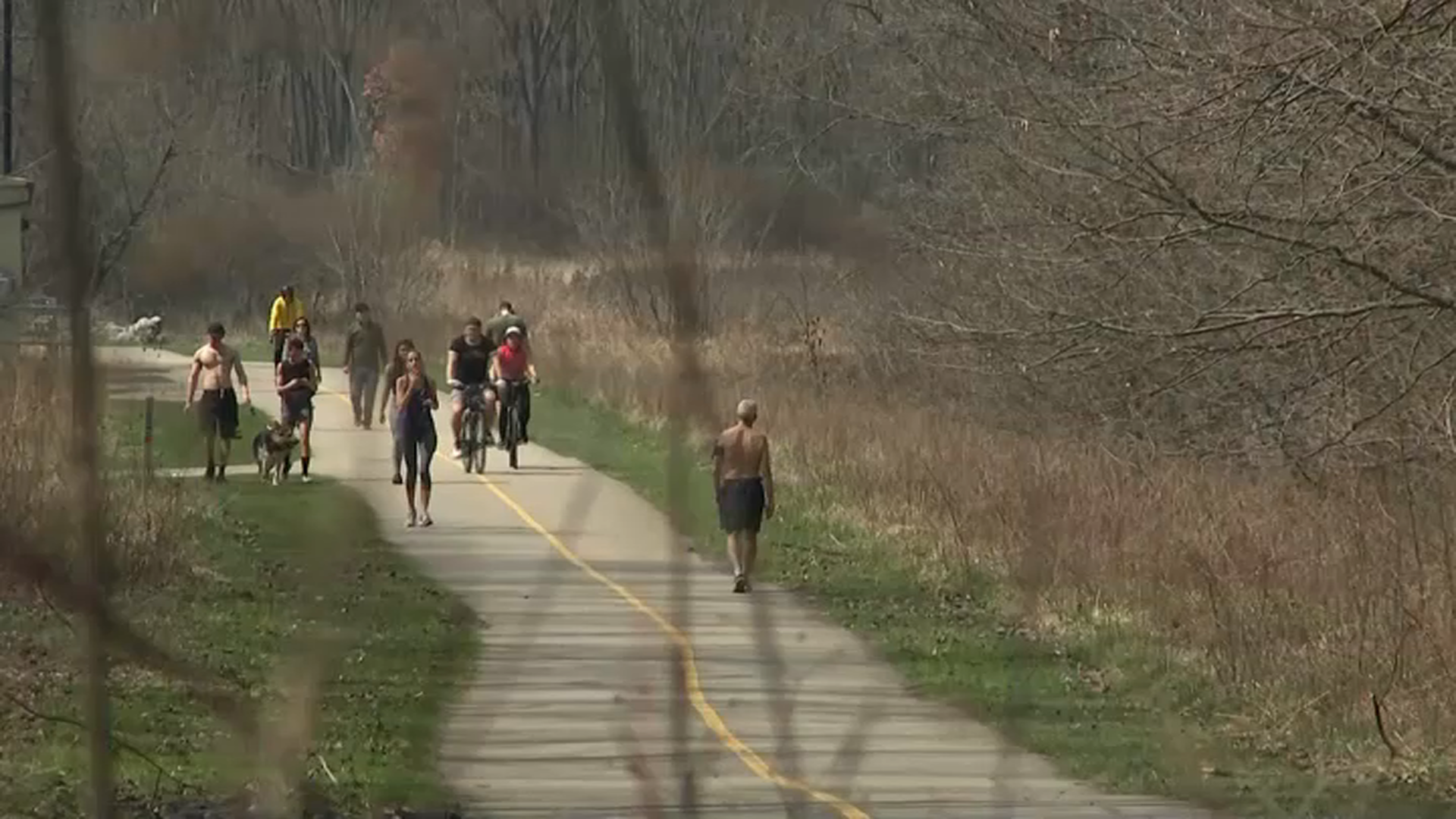Gov. J.B. Pritzker now says earlier comments that Illinois should "think seriously" about canceling large summer events in Illinois until a vaccine is available were simply a suggestion.
"I was merely suggesting that people contemplate what if because we need to follow what the science and the doctors tells us," he said Friday.
The response comes after Pritzker was asked Thursday during his daily coronavirus briefing if organizers of major summer events should plan on limiting crowds or making adjustments. Pritzker said he thinks "everybody needs to think seriously about canceling large summer events."
"Until we have a vaccine, which is months and months away, I would not risk having large groups of people getting together anywhere," Pritzker said. "And I think that's hard for everybody to hear, but that's just a fact. They're just, you know, even with testing and tracing and treating, it's necessary for us to begin to make changes. It isn't enough for me to say that it's okay to have a big festival with a whole bunch of people gathering together."
Pritzker added Friday that there are plenty of unknowns ahead.
"I don't want to project what next week or the week after would look like," he said, noting that even if the state reaches a peak number of cases soon, it remains unclear if and when numbers will begin to drop.
He also mentioned the possibility of a "second peak" in the fall.
"If you really to begin to open things up, you're going to have a second wave," he said. "We don't want to have a second wave."
Thursday marked one calendar month since the start of Illinois' stay-at-home order and many residents hoped summer would bring about a change from the isolated life the coronavirus crisis brought. The Chicago area is home to several major summer events and large festivals like Lollapalooza, Pitchfork, the Taste of Chicago and more - all of which generate thousands of attendees.
The update from Pritzker comes after Chicago Mayor Lori Lightfoot said Friday she believes "it's too soon to start talking about events that are happening in July and August."
"A lot of that depends on what the data tells us," she said. "Today is mid-April. I think we have a long way to go before we start looking our events in July and August."
Earlier this month, Lightfoot said Lollapalooza remained "on schedule," but organizers have delayed their lineup announcement for the four-day music festival, which usually releases its headliners this time of year and begins ticket sales.
On March 24, Lollapalooza organizers tweeted "While we stay in close contact with local officials, we are well underway with planning for Lolla to take place as soon as it’s safe for us all to be together in Grant Park."
"The health and safety of our patrons is our number one priority, which is why the city of Chicago departments and sister agencies continue to follow the rules laid out by the stay-at-home order, and will continue to do so, regardless of its duration," Lightfoot said in a statement. "Plans for summer programming and events remain under discussion. While there has been no change since we last informed the media, our department and the city team will continue to work closely with our partners at the state to adopt protocols based on the information we receive and the guidance of health experts."
So far, several planned events, festivals, sports seasons and major competitions have been canceled well into summertime.
Meanwhile, the total number of confirmed coronavirus cases across the state climbed over 17,800 Friday, with 596 deaths, health officials announced.
Cases have been reported in more than 80 of Illinois' 102 counties.
But despite their continual rise, officials said the numbers showed a "glimmer of hope."
"The rate at which they're increasing is less and that is a good sign," Dr. Ngozi Ezike, director of the Illinois Department of Public Health, said Wednesday. "We're not seeing the exponential growth we were seeing before."
Health experts have stressed that it remains unclear when Illinois will reach its peak number of cases, though a recent projection estimated the peak could arrive this weekend. Still, Illinois' stay-at-home order is set to continue until April 30, unless otherwise extended, and Pritzker said he doesn't believe it will be lifted sooner.
"Look, you know, we talk a lot about peaking and we talk a lot about how we're bending the curve, the curve is still upward trajectory," Pritzker said. "And so just because we're bending the curve does not mean it's bending down yet. And so people need to understand that, that it is unlikely that that we will be able to lift this stay at home before April 30. And indeed, as we approach April 30, we will be thinking about what are the restrictions or rules that we need to set going forward after April 30? Because it isn't going to be unlike what some have said, you know, at the federal level. It isn't going to be that all of a sudden you're going to drop the you know, stay-at-home and every other restriction."
Illinois has been working to bring once-shuttered hospitals back online and has transformed Chicago's McCormick Place convention center into an alternate care facility for hundreds of patients with mild symptoms should hospital capacity be overwhelmed.
Across Illinois and the country, Americans are being encouraged to wear masks or face coverings if they have to head outside.
"I am worried about people throwing caution to the wind and seeing a nice day outside," Pritzker said. "And thinking that we're they're not in danger. You heard Dr. Ezike talking about how some young people think that they're invincible, that this virus won't affect them. So everybody needs to know that if we are improving - and it's still up in the air - but if we are improving here in the state, it is because people are staying at home. That is something to keep in mind."





